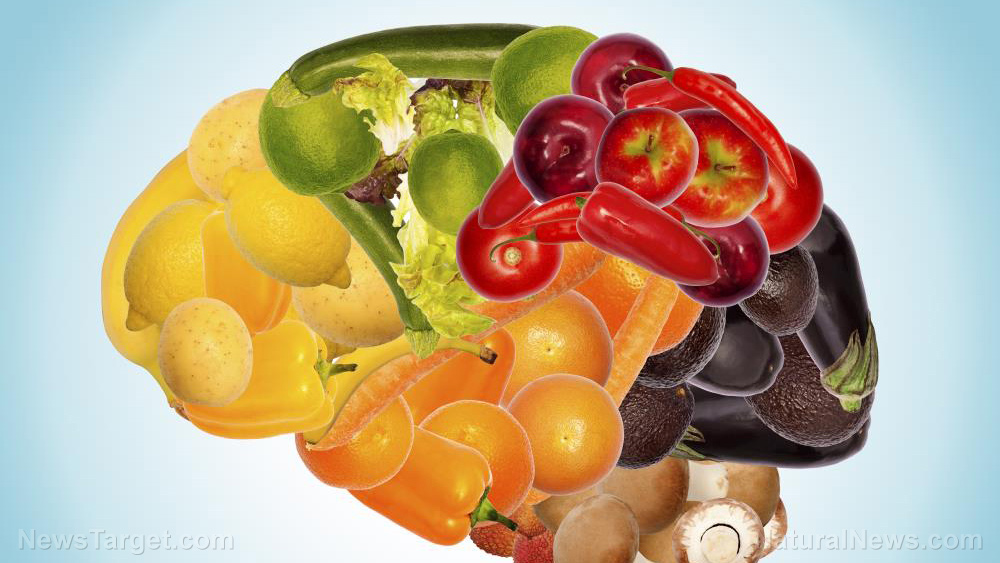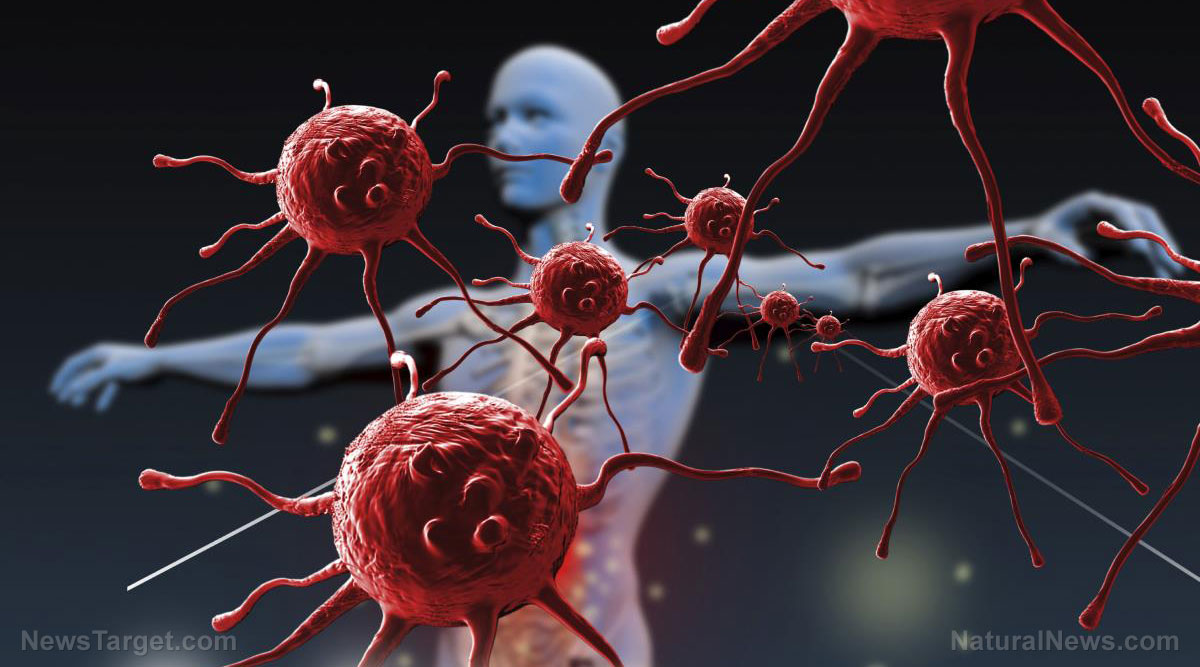Are walnuts the key to increasing male fertility?
03/12/2019 / By Dianne Wiley

Walnuts are not only delicious, but they are also a great source of omega-3 fatty acids – heart healthy monounsaturated fats – and are primarily made up of polyunsaturated fats. But there is a new benefit to eating walnuts that has many people looking into their diets.
According to research conducted at the University of Delaware, eating walnuts may help strengthen fertility in men. For those that are struggling to start or add to their families due to low sperm count, low motility and other fertility issues, walnuts may just be the answer.
Because of the unique makeup of polyunsaturated fats, walnuts are unique in reducing sperm cell damage caused by lipid peroxidation. They are the only tree nut predominantly containing these polyunsaturated fats, making them the best bet to aid in replenishing these damaged cells.
In the study, researchers used two groups of mice, one containing healthy male mice and the other group mice with a genetic predisposition to infertility, and fed them a diet of walnuts or a control diet for nine to 11 weeks. They found that when given 20 percent of their calories from walnuts, mice from the healthy group had a boost in sperm motility and morphology. Even more promising, mice from the infertile group saw a large improvement in sperm morphology, and both groups had a significant reduction in peroxidative damage. Motility refers to movement, and morphology is the term for form or shape, with both being markers of the semen quality used to identify male fertility.
The study on mice was done after a study of 100 healthy human males. The human study showed the first signs of a link between polyunsaturated fats and male fertility.
“This animal research sheds light on how walnuts may improve sperm quality and is a great follow up to our human study that showed what effect walnuts may have,” said Dr. Wendie Robbins of the UCLA Fielding School of Public Health and School of Nursing, who led the first trial.
Another benefit of walnuts in regard to morphology is a decreased risk of miscarriage. The stress to the head of a sperm caused by oxidation or peroxidation can cause spontaneous miscarriage after a positive pregnancy test, or prevent successful insemination entirely. By adding polyunsaturated fats found in walnuts to their diet and lowering the peroxidative damage caused otherwise, there is a higher percentage of successfully carrying a pregnancy to term. One doctor referred to low morphology as the “wrong” key for the lock, with the egg being the lock. By correcting the morphology of the sperm, it can become the “right” key. (Related: From not sleeping enough to wearing tight pants, these 6 bad habits can affect sperm quality and count.)
In approximately 40 percent of infertile couples, the male is either the sole cause or contributing factor to lack of pregnancy. The three main causes of male infertility are low sperm count, low motility (the sperm do not move fast enough and die before reaching the egg) and low morphology (deformed sperm). The majority of fertility treatments are geared more towards females, with few options remaining for males. Battling infertility can be devastating; the emotional toll on both men and women can lead to problems in the home, workplace and with loved ones. Natural options to overcoming infertility are few, and there is a need for more expansive research in this field. With this healthy option to assist in male fertility, hopefully there will be more answers than questions with additional studies on the subject.
By increasing daily walnut intake to 2.5 ounces, which is equivalent to approximately 34–36 walnut halves or about 17–18 whole walnuts, men can amplify their chances of fertility. For anyone wanting to start their family this is an easy change to their daily lifestyle that can help dramatically.
To read more about male health issues, check out MensHealth.news
Sources include:
Tagged Under: Infertility, male fertility, male infertility, natural cures, natural health, sperm count, sperm quality, Walnuts



















